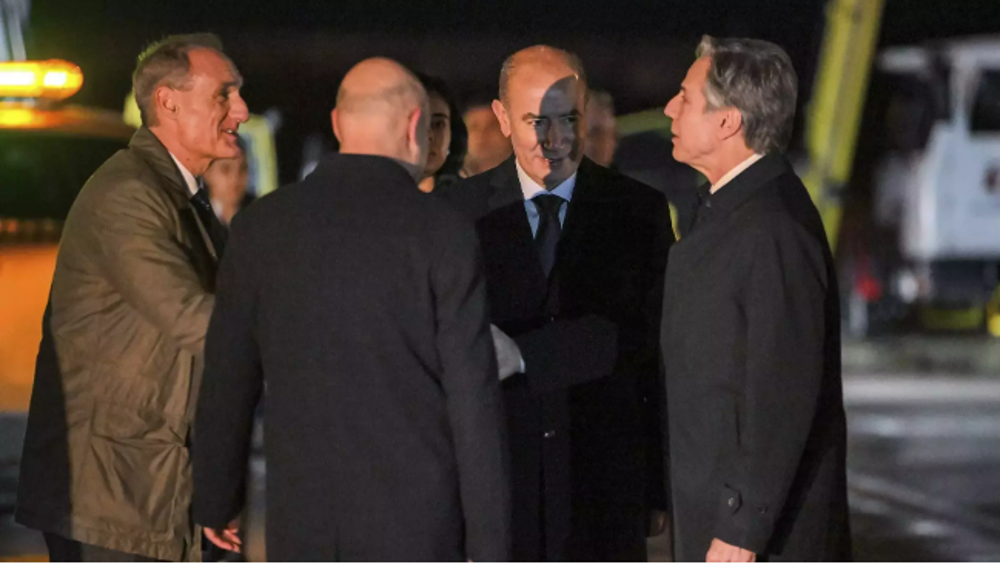Trump, Sanders may hold US presidential debate
US presidential candidates Donald Trump and Bernie Sanders have expressed willingness to hold a debate, an unprecedented move since Republican and Democratic candidates traditionally do not debate each other until the parties have selected their nominees.
The two native New Yorkers - a billionaire businessman and a US senator - expressed interest on Thursday to hold a one-on-one encounter in California.
The debate could have the effect of sidelining and belittling Democratic front-runner Hillary Clinton and create a television spectacle that could attract huge ratings.
"I'd love to debate Bernie," Trump told reporters in North Dakota, after he secured enough delegates to clinch the Republican presidential nomination. "I think it would get very high ratings. It would be in a big arena."
Sanders' campaign manager Jeff Weaver told CNN there had been "a few discussions" between the campaigns about the details. Trump spokeswoman Hope Hicks said in an email there were no formal plans yet for a debate.
"We hope that he will not chicken out," Weaver said. "We hope Donald Trump has the courage to get on stage now that he said he would."
Sanders is running behind Clinton in the race for the Democratic nomination for the November 8 presidential election.
But a nationally televised debate with the presumptive Republican nominee would be a big boost to his chances in the California state primary on June 7.
"Smart and bold move by Sanders," Democratic strategist Brad Bannon said. "The Clinton people are furious but Bernie wins points for being so aggressive.”
Clinton, who had declined to debate Sanders before the California vote, said she did not think a Trump-Sanders debate would take place.
"This doesn’t sound like a serious discussion. I’m looking forward to debating Donald Trump in the general election. I really can’t wait to get on the stage with him," she told CNN in a phone interview.
Trump said the hosting TV network would have to put up millions of dollars for charity. "I'd love to debate Bernie, but they (TV network) have to pay a lot of money for it," he said.
"If it does come to pass, it would generate enormous ratings," said Alan Schroeder, a Northeastern University professor who has written extensively about presidential debates. "They are from two different planets. You have a real personality contrast. It would dominate media coverage."
Israel provides full support for theft of aid to starve Gazans: Report
'Israel booby-trapped walkie-talkies, pagers years before Lebanon blasts'
Gaza Health Ministry calls for urgent intl. help to protect hospitals amid Israeli genocide
Stakes involved in Iran’s partnership with Eurasian Union
VIDEO | Press TV's news headlines
Iran says ‘ready’ to reopen embassy in Syria, holds talks with Damascus
VIDEO | 12 people killed in ammunition factory blast in northwest Turkey
Iraq’s PMU masses resistance forces on border with Syria amid mounting concerns










 This makes it easy to access the Press TV website
This makes it easy to access the Press TV website